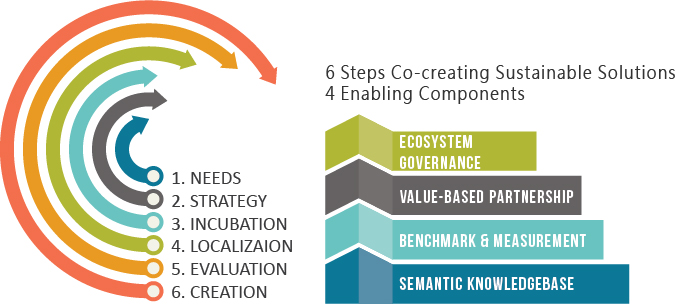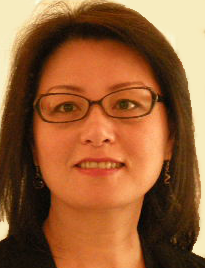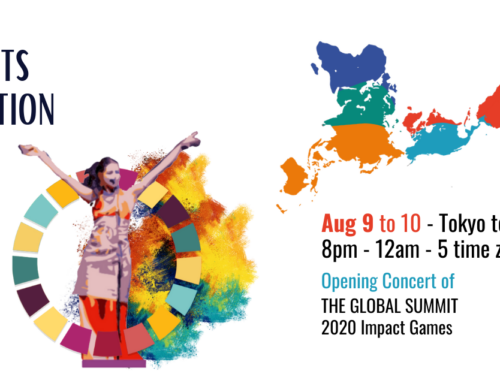System Thinker’s Note: With its acronym sourced from The Global Summit’s SEED Change Forum, iFOSSF’s framework is complementary yet very distinct from Empowerment WORKS’ 7 Stages to Sustainability (7SS) approach.
iFOSSF’s SEED comes from and is made for an Information & Technology development perspective to support global to local collaboration, while 7SS emphasizes the local community’s ground up perspective, or from the inside out.
SEED Inauguration Workshop - Pre-conference Symposium July 23
7TH IEEE INTERNATIONAL CONFERENCE ON DIGITAL ECOSYSTEMS AND TECHNOLOGIES SPECIAL THEME - COMPLEX ENVIRONMENT ENGINEERING
IEEE DEST 2013
Building a Digital Ecosystem for Societal Empowerment
Workshop Chair: Jenny Huang, iFOSSF (International Free and Open Source Solutions Foundation), USA
Workshop Facilitators:
Kouji Kozaki, I.S.I.R., Osaka University, Japan
Karen Hsueh, iFOSSF, USA
Amanda Reynolds, iFOSSF, USA
July 23: SEED Inauguration Day: Pre-conference symposium for SEED Framework and community needs identification
July 24-26: IEEE DEST-CEE and SEED
Traditional approaches to Social, Economic and Environmental Development (SEED) have historically employed a closed, top-down model in which problems are viewed narrowly and the input of local stakeholders is rarely sought. More recent efforts to address development from a holistic, multidisciplinary perspective—while a major step in the right direction—have been hindered by a lack of appropriate tools and well-defined processes to enable disparate resources to work effectively together towards common goals.
The SEED Framework, developed by iFOSSF.org, is specifically designed to support self-organizing, multidisciplinary collaborations and, most importantly, to translate concepts and ideas into actions. Combining the strength of both structured and unstructured workforces, the framework employs an open, “coopetition” strategy that integrates existing standards and best practices across multiple sectors, enabling a high-level, results-oriented collaboration with a deep awareness of the local culture.
The key components of the SEED Framework neatly dovetail with many existing DEST2013 tracks and the model provides an exciting and unprecedented opportunity to integrate participants’ individual contributions within a greater whole. Moreover, the six-step SEED process—incorporating needs identification, multifaceted research, team-building, investment strategy, and real-world results—both facilitates information flow and paves the way for new affiliations with businesses, NGOs, and other strategic partners. Successful projects can lead not only to new technology implementations and deployment, but new businesses, job creation, and curriculum development for education.
We invite you to be part of this Digital Ecosystem co-creation process, specifically we are looking for papers and debates on the following design of the 6-step “coopetition” development cycle and 4 enabling technology components. Accepted papers will be presented during the main conference on July 24-26.
In accordance with the framework’s dual emphasis on local participation and actionable results, the workshop will also feature two key components:
July 23rd: A pre-conference symposium during which community project leaders will be invited to present their projects and state their needs;
July 26th: A concluding session, utilizing an ontology-based analytical tool developed at Osaka University, dedicated to clarifying the proceedings of the previous days and creating a “roadmap” for future actions.
We envision the SEED Framework having the potential to shift industry and government investments toward more fair and productive resource distribution globally and locally. With the aim of helping advance the science of sustainability in advanced ICT practice, participants will learn and co-create a new model of sustainable community development.









